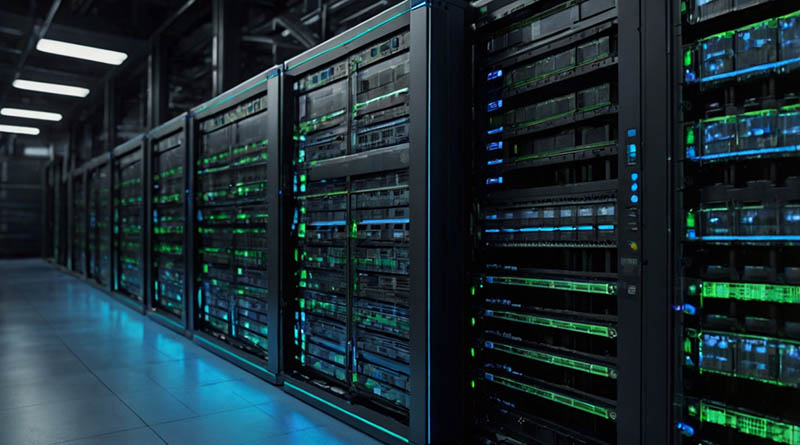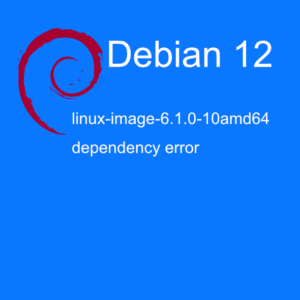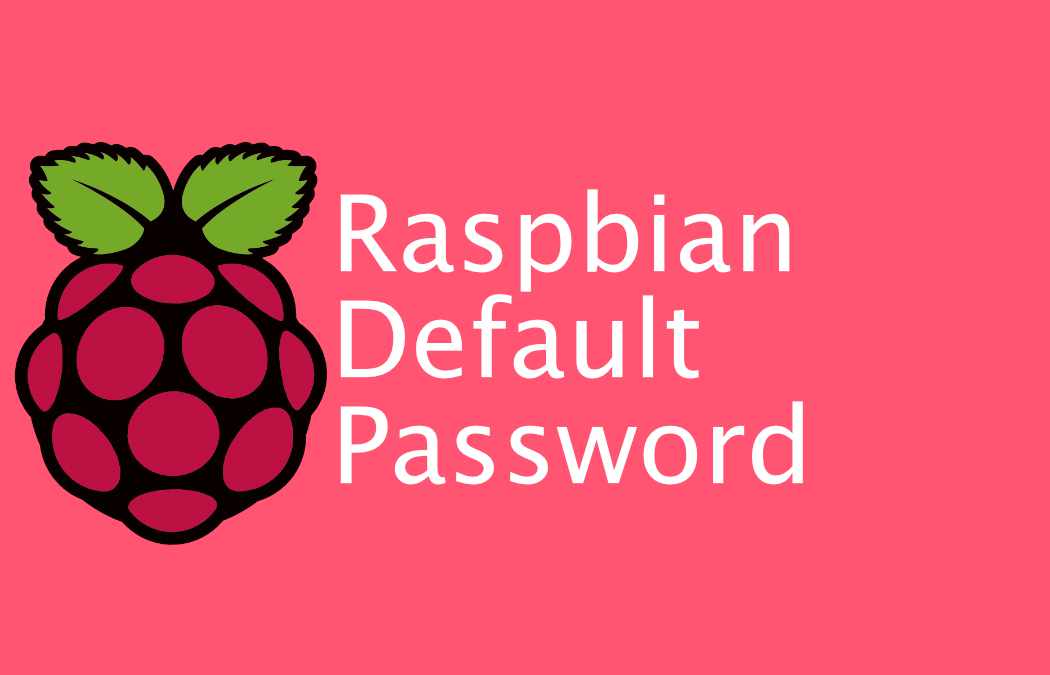Ubuntu Change Hostname
![]() On Ubuntu you can chose change hostname temporary or permanent.
On Ubuntu you can chose change hostname temporary or permanent.
If you are looking for the Debian Hostname Change, have a look at this link.
Temporary Ubuntu Change Hostname:
To change the hostname temporary, you can use the hostname command. Like in this example:
hostname web.example.com
This will create a temporary hostname. But after a reboot the hostname is back to what it was before you issued the hostname command. To make it permanent follow next step.
Permanent Ubuntu Change Hostname:
To change the hostname permanent you will need to edit two files.
The first file is /etc/hostname
That file contains hostname. In this example web.example.com, web is the hostname.
The second file you need to edit is /etc/hosts
That file contains the domain name, and FQDN (Fully qualified domain name).
In the web.example.com, example.com is the domain name. And web.example.com is the FQDN.
The /etc/hostname file is easy. Just change the one word into your new hostname.
The /etc/hosts is a bit different. Here is an example if we want to change it to web.example.com
127.0.0.1 localhost
127.0.1.1 web.example.com web
Take note that you first have the FQDN and then the hostname.
Make Ubuntu Change Hostname into effect:
By just changing the hostname and hosts file, doesn’t make any immediate effects.
You will need to restart the hostname service before making the new hostname take effect.
sudo restart hostname or sudo service hostname restart
If for some reason none of those commands should work. I would use the hostname command to make a temporary hostname (If you can’t just restart the server). And next time the server reboots, it will read the hostname from its config files. Then it should be all good.
Happy hostname!





